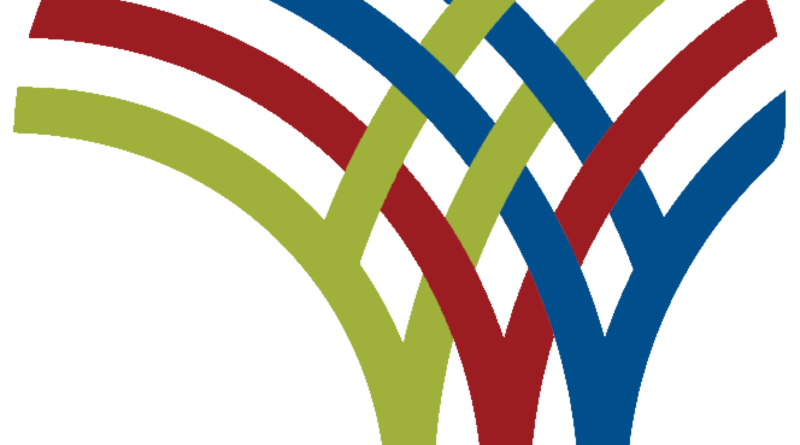Zimbabwe: Media Diversity Cornerstone in Corruption Fight
Media plurality and diversity is a cornerstone in the fight against corruption as it helps ensure the message reaches hitherto forgotten audiences, Zimbabwe Anti-Corruption Commission (ZACC) deputy chairperson Commissioner Kuziva Murapa said yesterday.
Speaking during a journalist’s training workshop on anti-corruption reporting organised by Transparency International Zimbabwe, Commissioner Murapa thanked the media fraternity for the continued support rendered to ZACC.
He said the role of the media was appreciated in the National Development Strategy 1 which noted that “an informed and knowledgeable society is a pre-requisite for creating a shared national vision and collective sense of national identity”.
“It is in this spirit that the commission has taken the initiative to strengthen the relations by providing a platform for knowledge sharing so that journalism’s contribution to the fight against corruption is bolstered,” Commissioner Murapa said.
“Our vision is for a citizenry and institutions that uphold integrity and good governance for a corruption-free Zimbabwe by 2030.”
The anti-corruption reporting media workshop was designed to stimulate journalists and develop their capacities and skills to investigate and report on corruption hampering socio-economic development and militating against the national vision espoused in the National Development Strategy.
“The programme assumes that corruption and development stagnation are systematically inter-related, and seeks to encourage journalists to approach investigating and reporting corruption in a correspondingly systematic manner.
“As the commission, we hold in high regard, your watchdog role and acknowledge that for journalists to effectively participate in the fight against corruption, understanding the processes, laws and dynamics involved is critical,” Commissioner Murapa said.
The workshop was ZACC’s way of showing its commitment to equipping media practitioners with skills that would supplement their existing knowledge in undertaking investigative reporting on corruption.
He said the devastating effects of corruption on society were depriving the citizens of essential services and opportunities, yet amidst the challenges, there was “hope in the power of investigative journalism to shine a light on corruption, to uncover the truth, and foster integrity among a people”.
“Today, as we gather in this workshop dedicated to anti-corruption reporting, let us reaffirm our collective commitment to the fight against corruption. Let us leverage our respective roles as journalists as the watchdogs of society and ZACC as the corruption antidote to root out corruption in all its forms.”

Sign up for free AllAfrica Newsletters
Get the latest in African news delivered straight to your inbox
Transparency International Zimbabwe executive director Mr Tafadzwa Chikumbu said his organisation was working with ZACC, the National Prosecuting Authority and the media to fight corruption.
“We do believe that corruption only happens when there is a lack of integrity. It is very important not only in the public sector but in private and civil society.
“We believe that we cannot win the fight against corruption without engaging the media and we are happy that we have people who report on corruption. It is our culture as TIZ that we need to keep on enhancing skills in terms of fighting corruption because corruption is something that happens behind the scenes so we value the work of journalists.”

